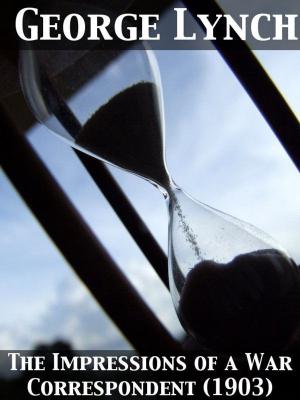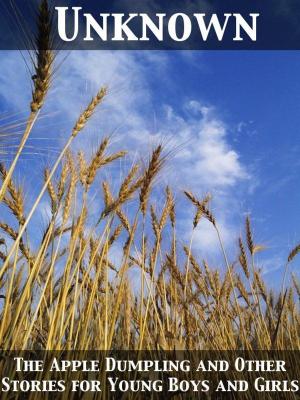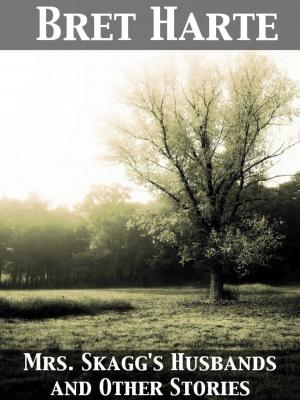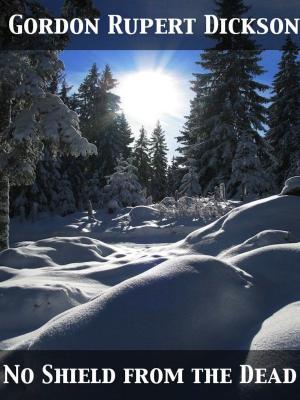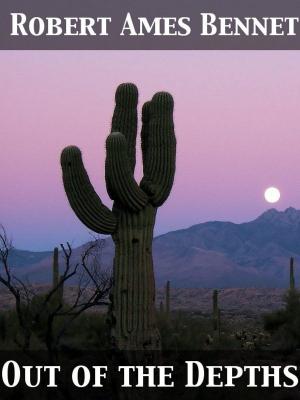| Author: | Henry Rider Haggard, Andrew Lang | ISBN: | 9782819943082 |
| Publisher: | Release Date: November 27, 2011 | Publication: | November 27, 2011 |
| Imprint: | pubOne.info | Language: | English |
| Author: | Henry Rider Haggard, Andrew Lang |
| ISBN: | 9782819943082 |
| Publisher: | Release Date: November 27, 2011 |
| Publication: | November 27, 2011 |
| Imprint: | pubOne.info |
| Language: | English |
The period in which the story of The World's Desire is cast, was a period when, as Miss Braddon remarks of the age of the Plantagenets, “anything might happen. ” Recent discoveries, mainly by Dr. Schliemann and Mr. Flinders Petrie, have shown that there really was much intercourse between Heroic Greece, the Greece of the Achaeans, and the Egypt of the Ramessids. This connection, rumoured of in Greek legends, is attested by Egyptian relics found in the graves of Mycenae, and by very ancient Levantine pottery, found in contemporary sites in Egypt. Homer himself shows us Odysseus telling a feigned, but obviously not improbable, tale of an Achaean raid on Egypt. Meanwhile the sojourn of the Israelites, with their Exodus from the land of bondage, though not yet found to be recorded on the Egyptian monuments, was probably part of the great contemporary stir among the peoples. These events, which are only known through Hebrew texts, must have worn a very different aspect in the eyes of Egyptians, and of pre-historic Achaean observers, hostile in faith to the Children of Israel
The period in which the story of The World's Desire is cast, was a period when, as Miss Braddon remarks of the age of the Plantagenets, “anything might happen. ” Recent discoveries, mainly by Dr. Schliemann and Mr. Flinders Petrie, have shown that there really was much intercourse between Heroic Greece, the Greece of the Achaeans, and the Egypt of the Ramessids. This connection, rumoured of in Greek legends, is attested by Egyptian relics found in the graves of Mycenae, and by very ancient Levantine pottery, found in contemporary sites in Egypt. Homer himself shows us Odysseus telling a feigned, but obviously not improbable, tale of an Achaean raid on Egypt. Meanwhile the sojourn of the Israelites, with their Exodus from the land of bondage, though not yet found to be recorded on the Egyptian monuments, was probably part of the great contemporary stir among the peoples. These events, which are only known through Hebrew texts, must have worn a very different aspect in the eyes of Egyptians, and of pre-historic Achaean observers, hostile in faith to the Children of Israel






